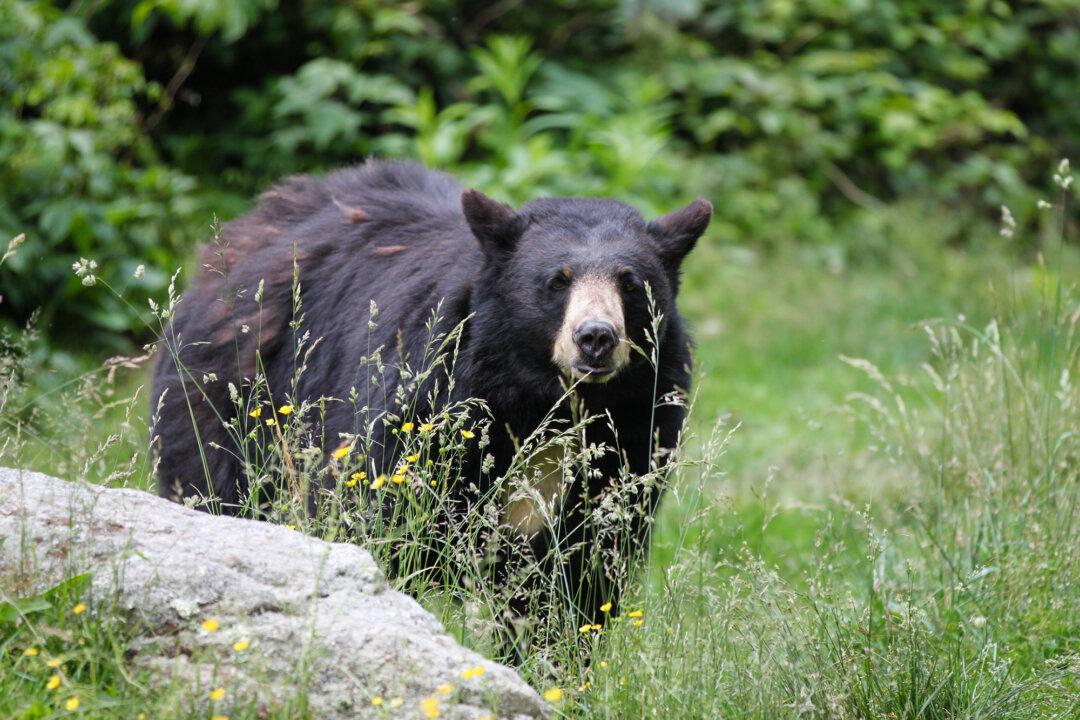Bears in one rural California village have grown from nuisance to deadly threat in the past six months as local black bears have been entering schools and homes searching for food.
Residents in the tiny northern town of Downieville, about 60 miles northwest of Truckee, are accustomed to living with wildlife and bears roaming neighborhoods. They make sure their trash is secure and they don’t leave bird feeders out.





